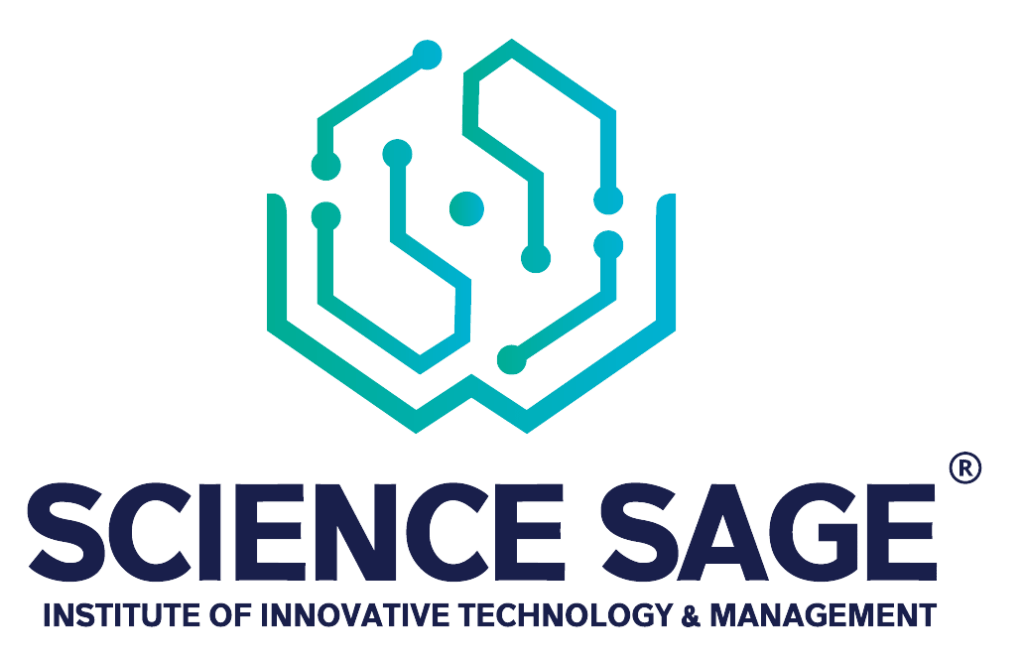- Prerequisites
- Higher Secondary Passed
- Course Duration
- 2 Years
A Diploma in AC (Air Conditioning) Mechanic is a vocational training program designed to equip individuals with the skills and knowledge necessary to install, repair, and maintain various types of air conditioning systems. This diploma program typically spans one to two years and provides both theoretical instruction and hands-on training to prepare students for entry-level positions in the HVAC (Heating, Ventilation, and Air Conditioning) industry. Below is a detailed description of the program:

Course Overview
- Duration: The Diploma in AC Mechanic program usually lasts for one to two years, depending on the curriculum and the institution offering the program.
- Curriculum: The curriculum covers a wide range of topics related to air conditioning technology, including principles of refrigeration, air conditioning systems, electrical components, troubleshooting techniques, safety procedures, and regulatory requirements. Theoretical classes are supplemented with practical training in workshop settings or simulated environments.
- Practical Training: Hands-on training is a crucial component of the program, allowing students to gain practical experience in installing, maintaining, and repairing different types of air conditioning systems. This may include window AC units, split AC systems, central air conditioning systems, and commercial refrigeration systems. Students learn to use tools, equipment, and diagnostic instruments commonly used in the HVAC industry.
- Industry-Relevant Skills: The program focuses on developing skills that are directly applicable to the HVAC industry. Students learn how to read and interpret technical diagrams and specifications, diagnose problems in AC systems, perform routine maintenance tasks, and adhere to safety protocols and industry standards.
- Certifications: Upon completion of the diploma program, students may have the opportunity to obtain industry-recognized certifications such as EPA 608 certification for handling refrigerants, which is often required for HVAC technicians working in the United States.

Course Structure
- Core Subjects:
– Fundamentals of Refrigeration and Air Conditioning
– Air Conditioning Systems and Components
– Electrical Wiring and Controls
– HVAC System Design and Installation
– Refrigerant Handling and Safety
– Troubleshooting and Repair Techniques
– Preventive Maintenance Practices
– Energy Efficiency and Environmental Considerations - Practical Workshops:
– Installation of AC Units
– Refrigerant Charging and Recovery
– Electrical Wiring and Circuit Testing
– Component Replacement and Repair
– System Diagnosis and Troubleshooting
– Maintenance Procedures and Service Checks - Safety Training:
– Proper handling of refrigerants and chemicals
– Electrical safety practices
– Personal protective equipment (PPE) usage
– Fire safety procedures
– Workplace safety regulations and compliance - Project Work:
– Students may be required to complete projects related to AC system installation, repair, or maintenance, either individually or in groups. These projects provide practical experience and help students apply theoretical concepts in real-world scenarios.

Key Skills Developed
- Technical Skills: Proficiency in installing, repairing, and maintaining various types of air conditioning systems, including troubleshooting electrical and mechanical issues.
- Problem-Solving Abilities: Ability to diagnose AC system malfunctions, identify root causes, and implement effective solutions to restore functionality.
- Attention to Detail: Careful attention to detail is essential when working with complex HVAC systems to ensure accurate installation, repair, and maintenance procedures.
- Safety Awareness: Understanding of safety protocols, including proper handling of refrigerants, electrical safety practices, and compliance with industry regulations to minimize risks and hazards in the workplace.
- Communication Skills: Effective communication with customers, colleagues, and supervisors to convey technical information, explain repair procedures, and provide excellent customer service.
- Adaptability: Ability to adapt to different work environments, customer preferences, and emerging technologies in the HVAC industry.

Career Opportunities
- AC Technician: Graduates of the diploma program can work as AC technicians, responsible for installing, repairing, and maintaining air conditioning systems in residential, commercial, and industrial settings. They may work for HVAC companies, construction firms, maintenance departments, or as independent contractors.
- Service Technician: Some graduates may specialize as service technicians, focusing on troubleshooting and repairing faulty AC systems. They respond to service calls, diagnose issues, replace defective components, and ensure that systems are functioning efficiently.
- Maintenance Technician: Maintenance technicians are responsible for conducting routine inspections, preventive maintenance, and service checks on AC systems to ensure optimal performance and longevity. They may work in facilities management, property maintenance, or HVAC service companies.
- Sales and Support Roles: Graduates may also find opportunities in sales or customer support roles within the HVAC industry, where they provide technical expertise, advice, and assistance to customers purchasing AC systems or seeking repair services.
A Diploma in AC Mechanic provides students with the practical skills and theoretical knowledge needed to pursue a career in the HVAC industry. Through a combination of classroom instruction, hands-on training, and practical experience, graduates are prepared to work as skilled technicians capable of installing, maintaining, and repairing air conditioning systems. With a growing demand for HVAC services in residential, commercial, and industrial sectors, graduates of the program can find rewarding career opportunities in a variety of settings within the HVAC industry.
